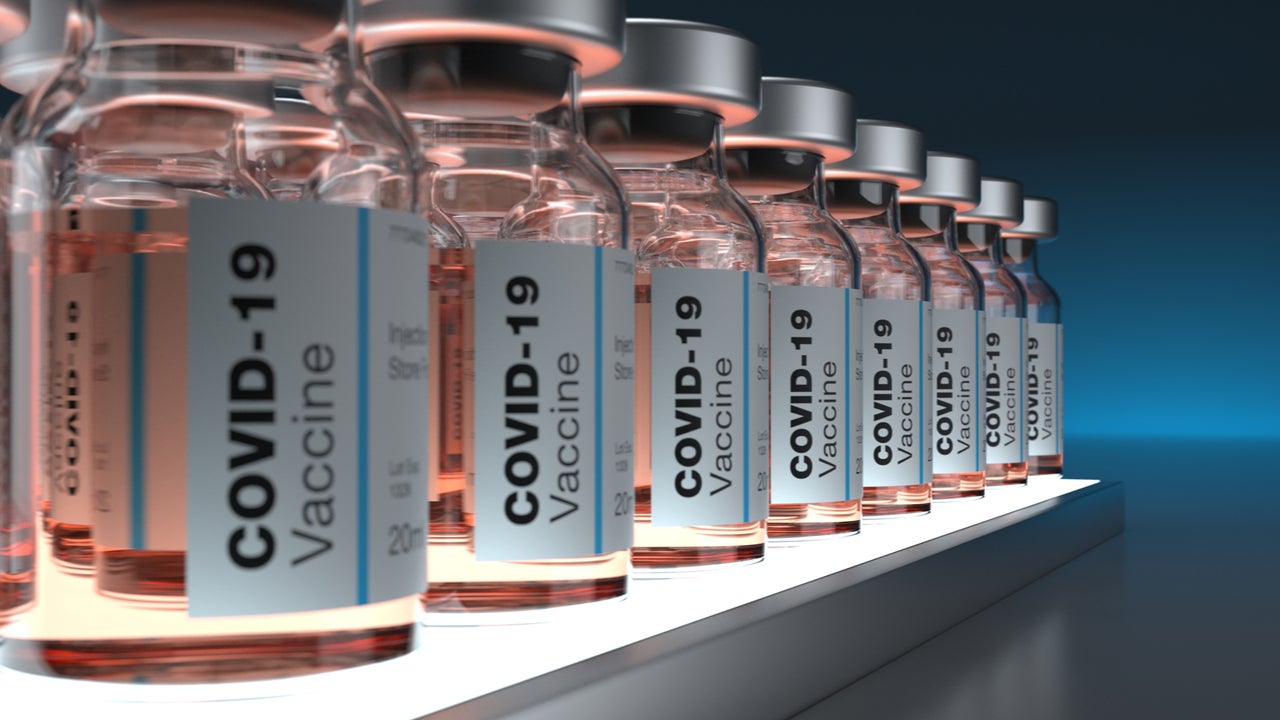A global coordinating body to help some countries to scale up the production of early-stage ingredients and critical equipment could be important in combatting Covid more effectively. Such a body could also help them procure vaccine doses and supplies through international trade.
Chad P Brown
Chad P Brown, a senior fellow at the Peterson Institute for International Economics (PIIE) in Washington, retweeted an article on no regular meetings being conducted between major governments to coordinate efforts in order to fight the Covid-19 pandemic. In his views, global vaccine manufacturing capacity is not going to scale up by itself. Instead, it requires excessive policy coordination between governments globally.
Brown further stated that America’s vaccine production was a triumph with policymakers making large advance purchases and supporting sponsors such as Moderna and Johnson & Johnson to carry out clinical trials. However, inoculating the entire world will require a vaccine trade and agreement deal between countries, as the global demand for vaccine has exceeded its supply.
Experts believe that it is problematic that just a handful of countries such as the US have been able to meet their vaccine requirements to fight the growing infections, especially in the light of the emerging viral variants. It is also incorrect that countries have begun to hoard doses and vaccine supplies for their own domestic populations instead of trying to replicate their success to get billions of doses to the global population.
Experts believe that cooperation alone can defeat the pandemic, while vaccine nationalism could derail global economic recovery. The US, Brown opines that the US should include both domestic and international sources in a coordinated effort to bolster laboratories and manufacturers globally that produce drugs, syringes or vials that contain vaccines. He also states that vaccine manufacturing supply chains need to be more organised and subsidised at multiple levels.
Still this. As far as we know there have never been regular meetings between major governments to coordinate whatever was needed to fight covid. https://t.co/a2K8p1SNiF
 GlobalData Strategic Intelligence
GlobalData Strategic IntelligenceUS Tariffs are shifting - will you react or anticipate?
Don’t let policy changes catch you off guard. Stay proactive with real-time data and expert analysis.
By GlobalData— David Henig (@DavidHenigUK) April 25, 2021
Dr Arvind Virmani
Dr Arvind Virmani, an economist and chairman of the board of the Foundation for Economic Growth and Welfare (EGROW), tweeted on Covid-19 mutations and how Eric Topol, an American cardiologist, pointed out a Wall Street Journal (WSJ) article to have published a misleading headline about the virus crisis in India.
He stated that the B.1.617 variant in India is not a ‘double mutant’, but like all other variants of concern, contains more than just two mutations and up to 13 mutations.
Therefore, the headline of the WSJ article, which reads ‘double mutant variant hits India hard’, is incorrect. Scientists are analysing the role of the new Covid-19 variants, including the one being called the ‘double mutant’ as coronavirus infections rise in the country soaring past 200,000 in eight days, the article noted.
Although public health experts are of the opinion that the surge in cases could be the result of easing of pandemic control measures, some believe that variants maybe playing a key role in driving the surge.
According to the National Institute of Virology in Pune, more than 60% of the samples collected in the state of Maharashtra, between January and March 2021, were identified as the double mutant variant, the article detailed.
9/covid #Corona #Virus #SARS2 mutations 🧵 https://t.co/u4oBxFfwVp
— Dr Arvind Virmani (@dravirmani) April 25, 2021
Louis-Philippe Rochon
Louis-Philippe Rochon, an associate professor of economics at the Laurentian University in Canada, shared an article on Canada’s flag carrier and largest airline by fleet size and passengers, Air Canada, set to increase flights in May 2021.
While the federal government has been silent on the airline’s decision, Rochon stated that the health community is completely against it, thereby citing the airline to be a Covid-19 enabler.
Health experts believe that with surging infections and the emergence of the more dominant viral variants, it is certainly not the time for the volume of air travel to increase. In addition, the government should intervene and be stricter about Covid-19 safety protocols such as a full 14-day quarantine after travelling along with tests conducted.
A number of international flights to Canada were reduced in the past week, including more restrictions at the US land border after the B.1.617 variant, cited to be of Indian origin, was found in Alberta, British Columbia (BC), and Quebec. The federal government even banned flights from India and Pakistan for the next 30 days.
Air Canada is expected to start weekly flights in May to Bogota, Kingston, Hong Kong, Mexico City, Orlando, Seoul, Tokyo, and to the US and other destinations in June. WestJet also plans to increase flight volumes in June, while limo companies are planning to start airport shuttles.
@AirCanada to increase flights. Fed Gov't has been silent on this, while the health community has been steadfast against it. This makes @Aircanada a COVID-enabler. Fed Govt must intervene. Now is just not the time to encourage travelling of any kind.https://t.co/iZCUUSX6ns
— Louis-Philippe Rochon (@Lprochon) April 24, 2021




